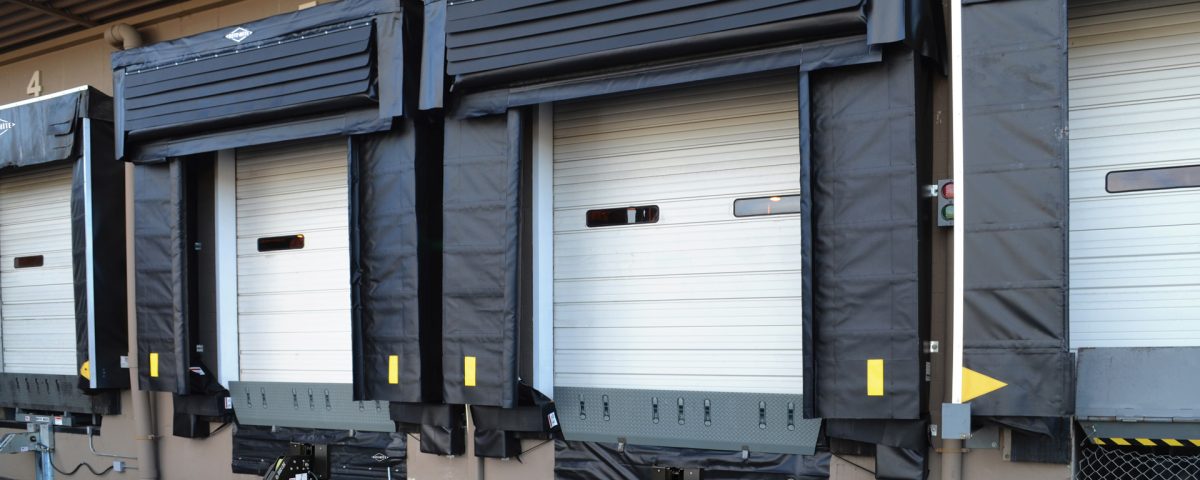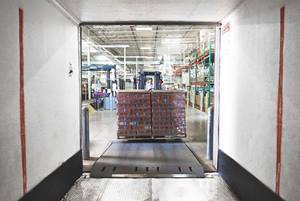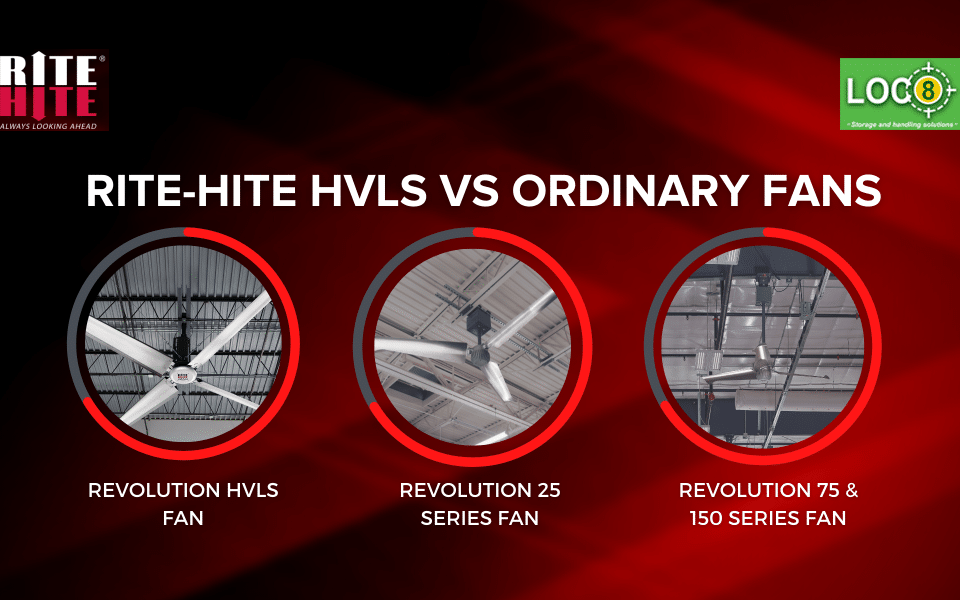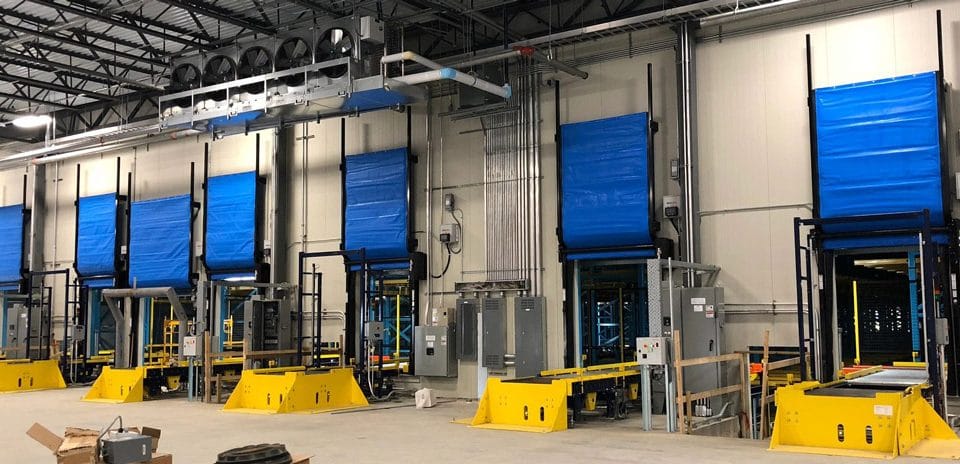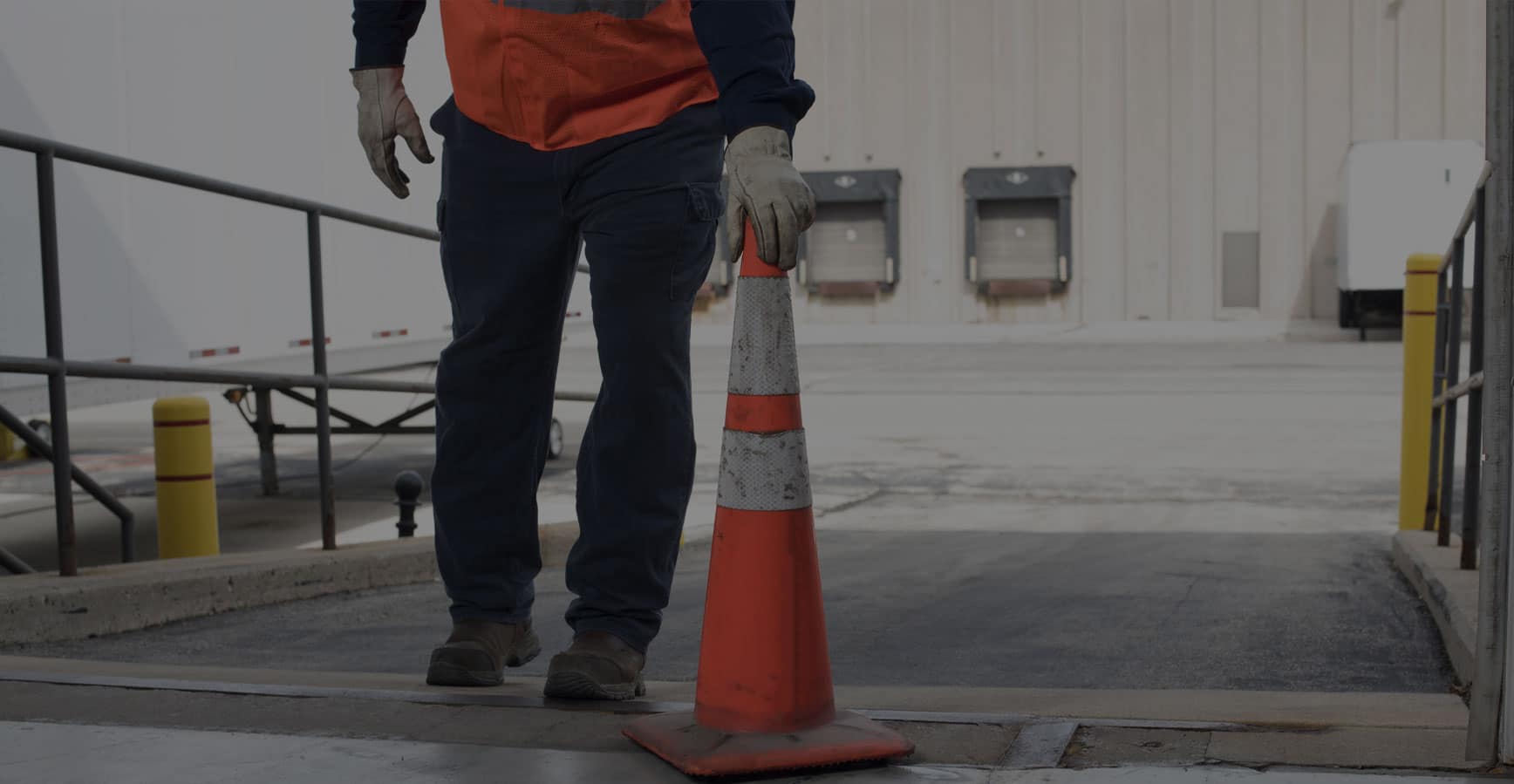
How to Know When Your Loading Dock Levelers Need to Be Serviced
April 14, 2019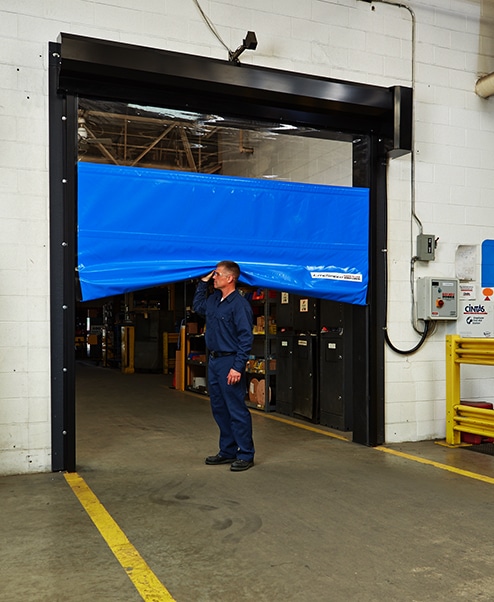
Warehouse Door Repair & Maintenance
April 15, 2019When is it Time to Upgrade Your Loading Dock Equipment?
Your loading dock equipment is made to create a safe and efficient work environment that protects personnel and cargo alike. That said, dock equipment can become worn down, damaged or outlive its usefulness when you make facility or operational changes.
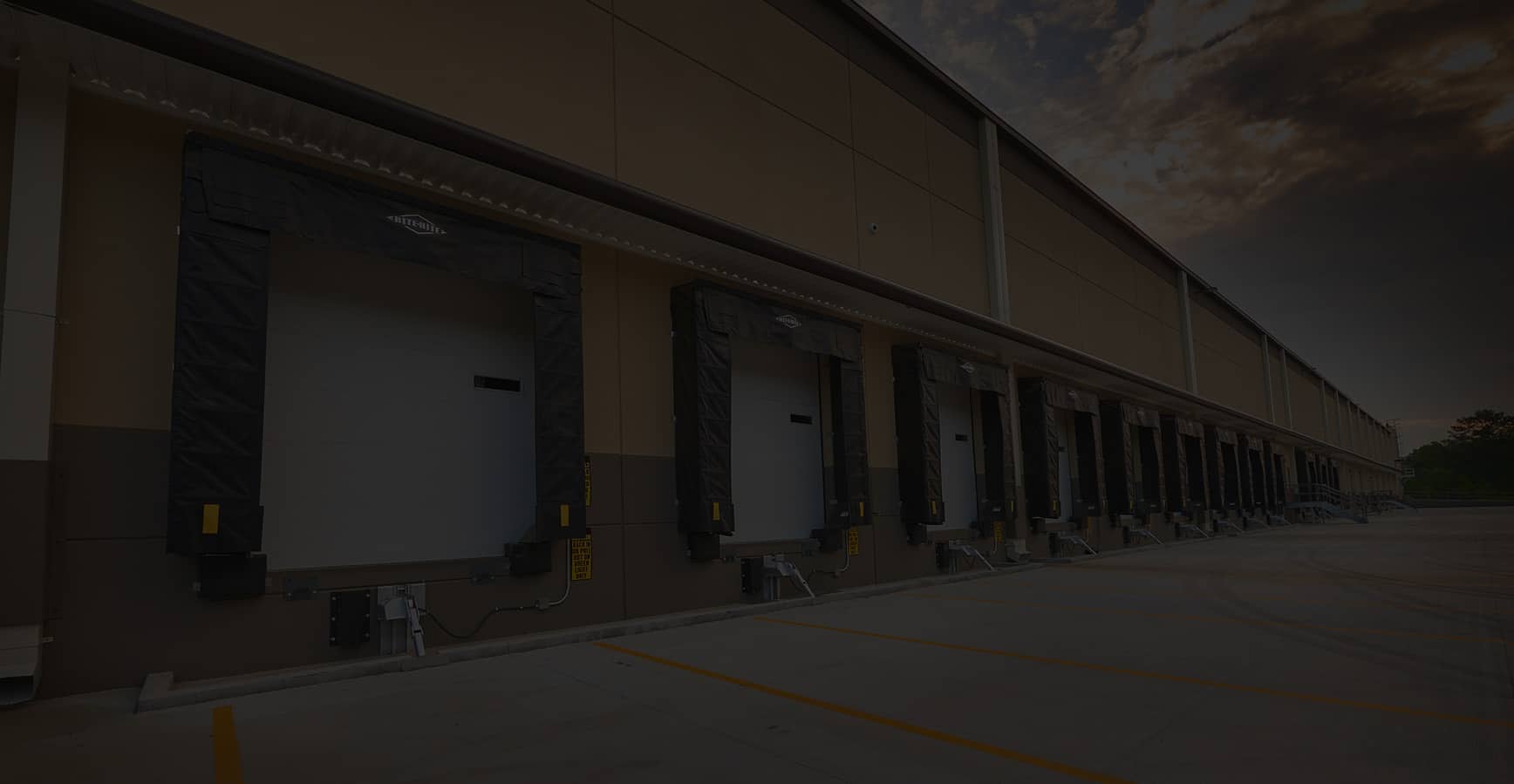
But when is it time to upgrade or replace your loading dock equipment, and why is it necessary? Loc8 in loading dock equipment Supplier, has your answers.
Why Should You Upgrade Your Loading Dock Equipment?
The simple answer to why you should upgrade your loading dock equipment is two-fold:
- Safety
- Efficiency
Let’s dig a little deeper into how upgrading dock equipment can help achieve those goals.
Loading Dock Safety
According to 3PL industry leader Load Delivered, it’s estimated that nearly 25 percent of all reported warehouse or industrial facility injuries occur at or near the loading dock. That can be a shockingly high number, and that doesn’t even include the thousands of near misses.
As your most important asset, your personnel need to have a safe working environment. Dock and trailer separation can lead to dangerous falls from the dock, which can be caused by lack of or inferior trailer restraints.
Similarly, an uneven dock plate or leveler connecting forklifts to the trailer can cause a rough ride, known as dock shock. When dock shock occurs, you’re setting yourself up for a variety of potential issues, including acute and chronic injuries to forklift operators, damage to the forklifts and damage to cargo and personnel from falling cargo.
OSHA has even put together solutions for a safer loading dock that includes:
- Drive forklifts slowly on docks and dock plates;
- Secure dock plates and check to see if the plate can safely support the load;
- Keep clear of dock edges and never back up forklifts to the dock’s edge;
- Provide visual warnings near dock edges
Upgrading your loading dock equipment, particularly for loading dock levelers, vehicle restraints and light communication devices, is a great start toward increasing the safety and productivity of your dock operations.
Providing personnel with a safe working environment will pay off multiple times over by reducing downtime caused by injury or damage to equipment or cargo.
Loading Dock Efficiency
The second reason you should upgrade your loading dock equipment is a goal shared by every warehouse operation: efficiency. With advancements in loading dock equipment technology and integration, optimizing your loading dock operations for productivity and efficiency will typically go hand-in-hand with optimizing for safety.
Upgrades allow for more control, reduced need for operators to be as hands-on with equipment and increased communication between operators at the dock, on forklifts and in the truck trailers. This results in a safer, more streamlined process with less downtime and increased production.
This leads us into when is the right time to upgrade, and what kind of equipment should you upgrade to?
When to Upgrade or Replace Your Dock Equipment
We touched on some of these topics above, but it’s worth walking through again. Investing in quality loading dock equipment isn’t a decision to be taken lightly from both a monetary and operational standpoint. But when you are noticing some of the issues below, it’s time to seriously consider your options, because while these issues may not have resulted in a problem yet, the potential is not only there but growing by the day.
Moving to a new facility
Are you moving your warehouse operations to a new facility? This can be for reasons of increased production needs or simply a relocation for a variety of business purposes. Regardless of the reason, when you make this move you need to ask if transferring your current loading dock equipment will be the optimal choice for the new space.
Do you plan on integrating with a communication system or an electrical control panel? Is your current equipment outdated or damaged? Will it meet the new facility’s loading dock requirements for size and space? These are all questions you should ask yourself, and your answer can very well determine if you are in need of an upgrade to your loading dock equipment.
Outdated levelers
Have you noticed that your current dock plates or levelers are lifting as it’s being driven over? Are you noticing warping or bending to the top dock or lip? Are welds or springs beginning to show signs of wear?
If you’ve answered yes to any of these questions, it’s a good sign that you may need to upgrade your loading dock equipment.
Vehicle restraint restrictions
While portable and inexpensive, wheel chocks often slip, are misplaced, stolen or damaged. This, in addition to the need for manual placement that puts personnel in hazardous situations, is not the optimal solution to vehicle restraint implementation.
As a solution to trailer separation or trailer creep, dock locks secure trailers to the dock and will often not require personnel to step out in the drive approach. In addition, many dock locks allow for control integrations with your existing security system, creating a more efficient, worry-free security solution.
You may be utilizing wheel chocks for cost reasons, but there are also times when outdated dock equipment can be restrictive to your dock operation initiatives. If your truck restraints, for instance, can’t be mounted on a certain dock platform, you may be forced to use wheel chocks even if it wouldn’t have been your first choice.
This is where loading dock equipment upgrades that includes vehicle restraint implementation can be your solution.
Integration initiatives
In recent years, there have been significant improvement made to loading dock safety technology.
Old equipment is often stand-alone, but it’s important to remember that not one single piece of loading dock equipment can ensure safety. That’s why newer products will often allow for the incorporation of additional products and integration with other equipment.
This can be as simple as motion sensors, interlocking controls and LED lights, but it can also allow for more comprehensive, systemic dock operations. Dock controls, for instance, can be programmed to operate in a safe sequence of operation, connecting a various equipment including vehicle restraints, dock levelers, safety barriers and dock lights.
If you’re looking for a more comprehensive system to control your dock equipment in a streamlined, safe process, it may be time to upgrade.
Now, it’s important to acknowledge that upgrading doesn’t necessarily mean completely replacing your loading dock equipment entirely. Maybe you want to switch from mechanical dock levelers to hydraulic or maybe you need to reduce environmental factors making their way into your facility by updating dock seals or dock shelters.
There are upgrades to your existing equipment and maintenance programs that can be as effective as a full replacement. Recognizing that there is a problem with your loading dock equipment is the first step, and addressing that problem with an upgrade is your solution.
If you have safety or productivity concerns with any of your current loading dock equipment, it means that it’s time to start looking into upgrades. You can’t compromise safety without also compromising your bottom line and your entire operation. Upgrading isn’t just a financial decision, it’s a decision geared toward the health of your entire business.


